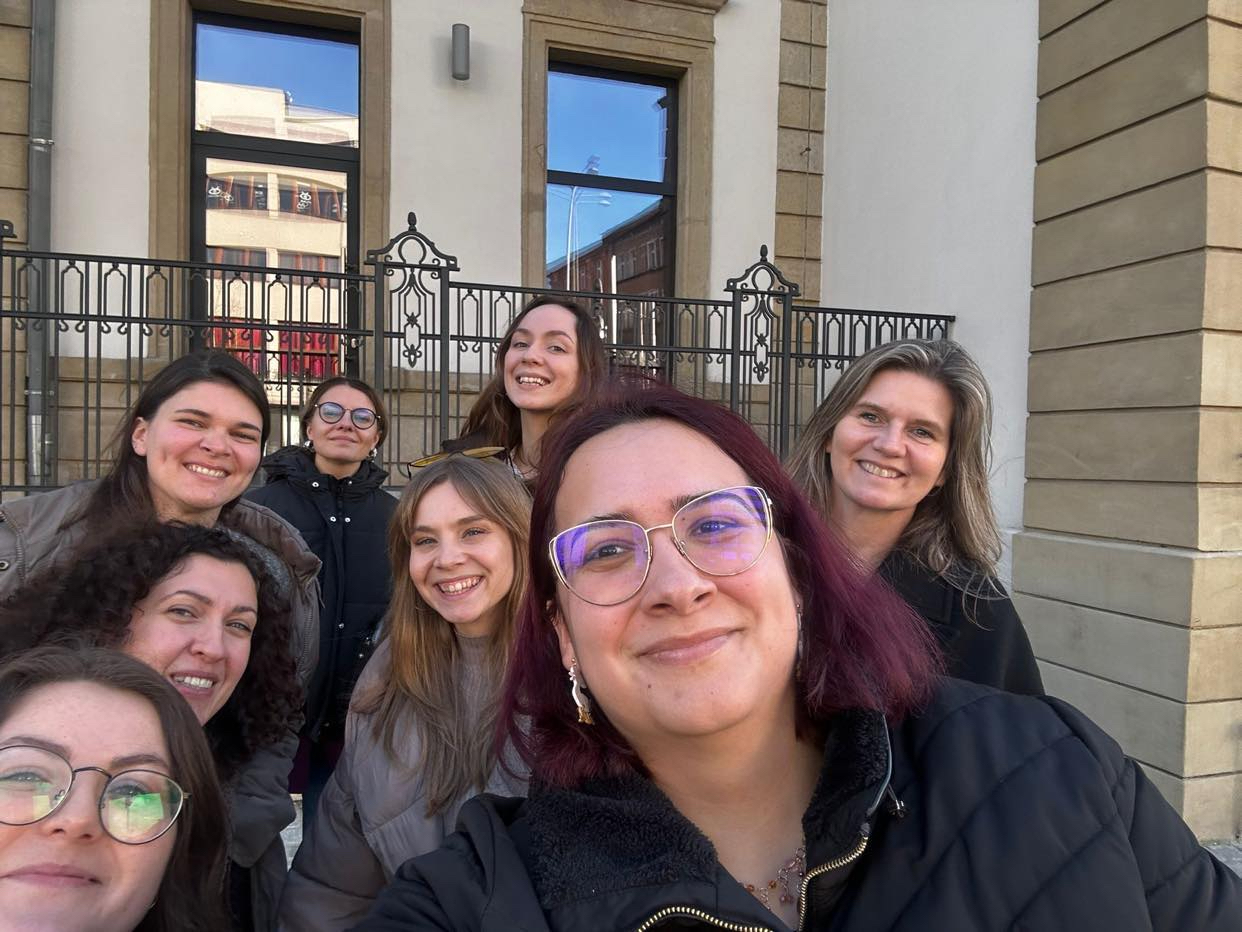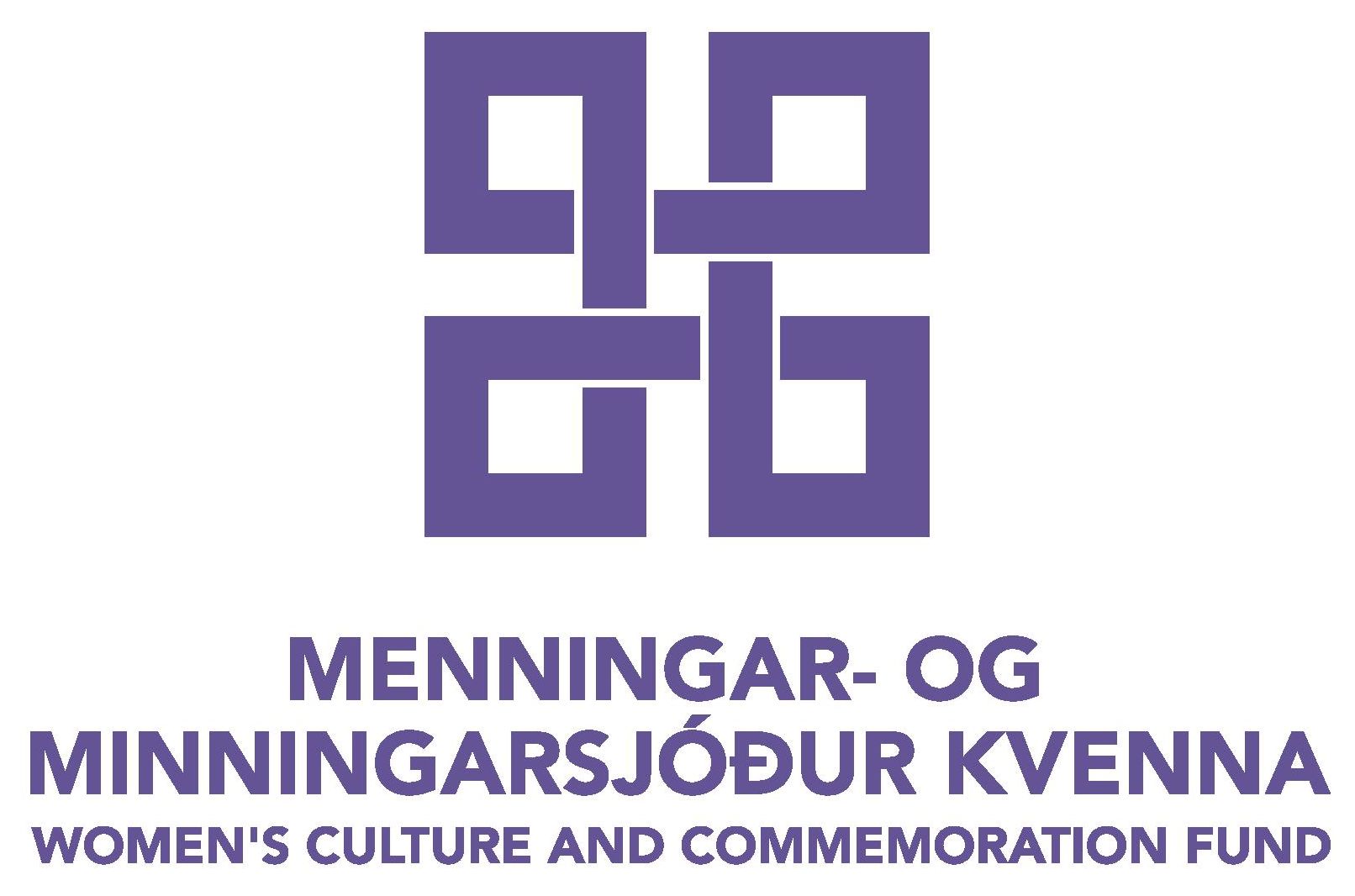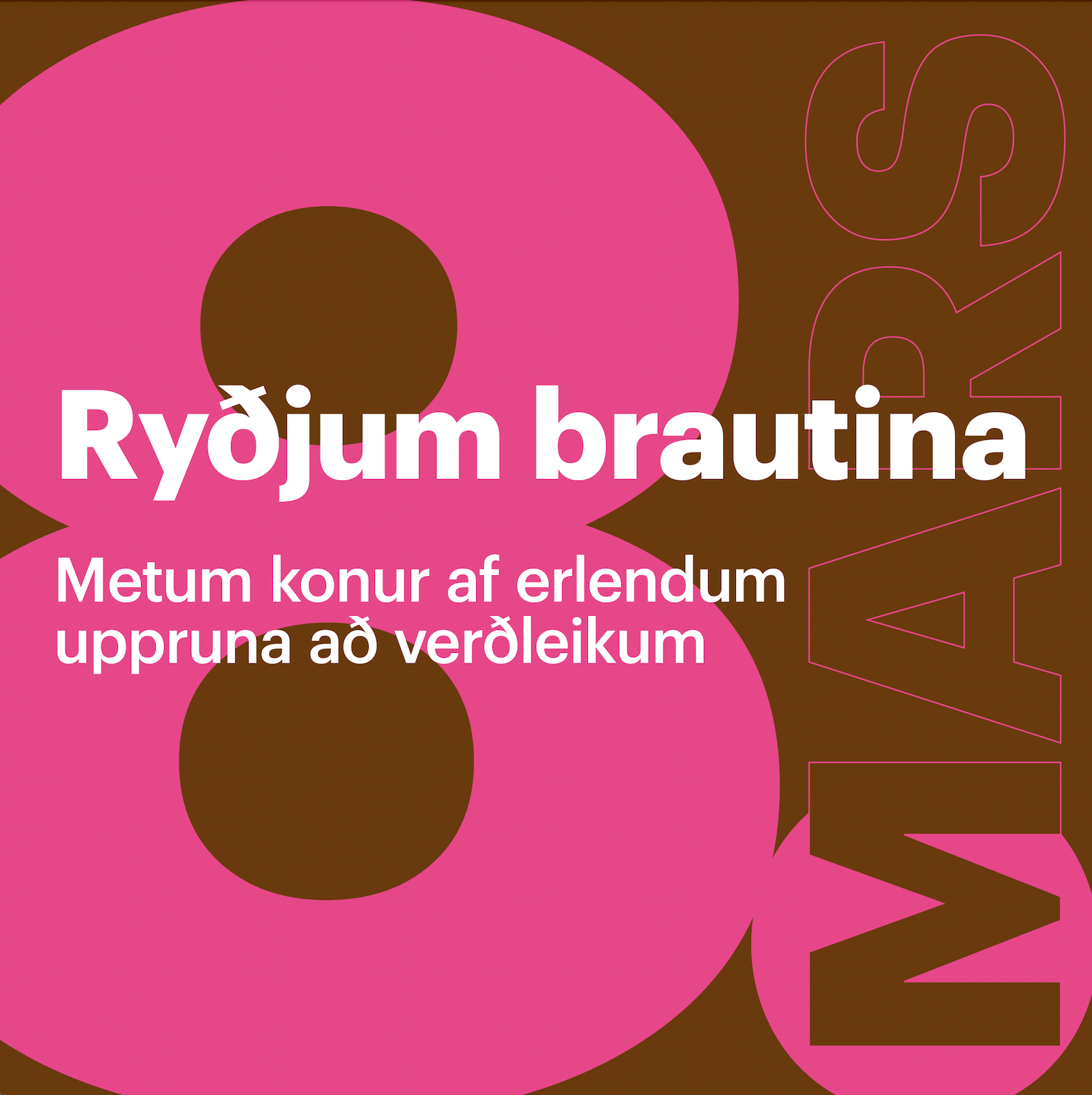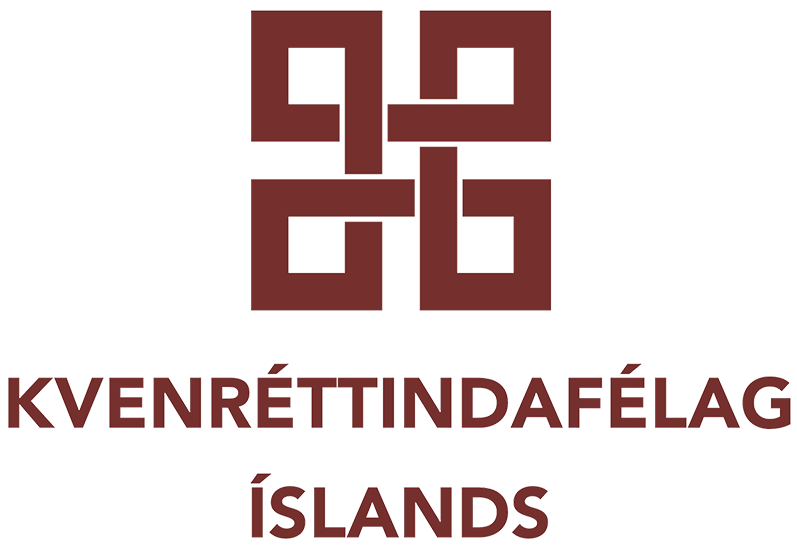
Amnesty International now endorses the decriminalization of prostitution and the sex industry. It is therefore the official policy of Amnesty that the buying and selling of sex should be decriminalized, as well as the intermediation of prostitution, i.e. pimping and brothels. Amnesty International claims that this proposal protects the human rights of those involved in prostitution. We believe this to be a grave mistake on their behalf and that this policy goes against the human rights advocacy work Amnesty International is known for.
Prostitution is not a profession. Prostitution is abuse, and the selling of people is not consistent with any definition of human rights. Furthermore, it is impossible to clearly separate prostitution from human trafficking. The buyer of prostitution has no way of knowing whether the sex s/he is buying is provided by someone who is doing this of their own free will, or whether that person is a victim of human trafficking. If Amnesty International is serious about eradicating human trafficking, they need to realize that this can only be accomplished by eradicating the demand for prostitution. At the same time, we need to provide institutional resources and social support for those who engage in prostitution and want out.
Different countries have dealt with prostitution in different ways. In some countries, the buying and selling of sex is criminalized. In other countries, such as Germany and the Netherlands, prostitution has been legalized. In both these countries, the sex industry is booming and human trafficking is thriving under the shelter of legalization. The lives of people in prostitution have not become safer following decriminalization. However, pimps, brothel owners and buyers of prostitution are now considered respectable businessmen and customers.
In Sweden, prostitution has been defined as violence against the people who sell their bodies, and new legislation was passed in accordance with that definition in 1999. This legislation states that the sale of sex is legal, but the buying of sex is illegal, as well as third party involvement. Norway and Iceland passed similar legislation in 2009, following the advocacy of the women’s movement and other interested parties. Canada and Northern Ireland, and recently France as well, have joined these Nordic countries in criminalizing the purchase of sex.
In 2014, the European Parliament’s Committee on Women Rights and Gender Equality reviewed various legislation that has been used to combat prostitution and human trafficking, and, subsequently, the European Parliament passed a resolution recommending that the member countries of the European Union enact the ‘Nordic model’ of criminalizing the purchase of sex (Honeyball report, 2014).
The ‘Nordic Model’ is known worldwide as an effective way to improve the lives of people in prostitution and to combat human trafficking. In Norway, research has indicated that prostitution has decreased by 25% since 2009, violence against women and men in the sex trade has not increased, the demand for prostitution has decreased, and public opinion on prostitution has shifted. In Iceland, an opinion poll conducted by Gallup in Iceland in 2008 indicated that the majority of all men and women, and the majority of voters of all political parties, supported a ban on the purchase of prostitution.
By adopting a policy on the decriminalization of prostitution, Amnesty International is promoting amnesty for pimps and johns, while simultaneously trampling on women’s human rights. Such a radical change in policy harms the credibility of Amnesty International and violates the trust we have placed in this organization for decades.
Aflið – Counseling Center for Survivors of Sexual Abuse and Violence Akureyri, Femínistafélag Háskóla Íslands – Feminist Association of the University of Iceland, Femínistafélag Íslands – Feminist Association of Iceland, Knúzið – Feminist Webzine, Kvenfélagasamband Íslands – Federation of Icelandic Women‘s Societies, Kvennaathvarfið – Women‘s Shelter, Kvennaráðgjöfin – Women‘s Counseling, Kvenréttindafélag Íslands – Icelandic Women‘s Rights Association, Sólstafir – Counseling Center for Survivors of Sexual Abuse Ísafjörður, Stígamót – Education and Counseling Center for Survivors of Sexual Abuse and Violence Reykjavík, and W.O.M.E.N. in Iceland – Women Of Multicultural Ethnicity Network in Iceland.




